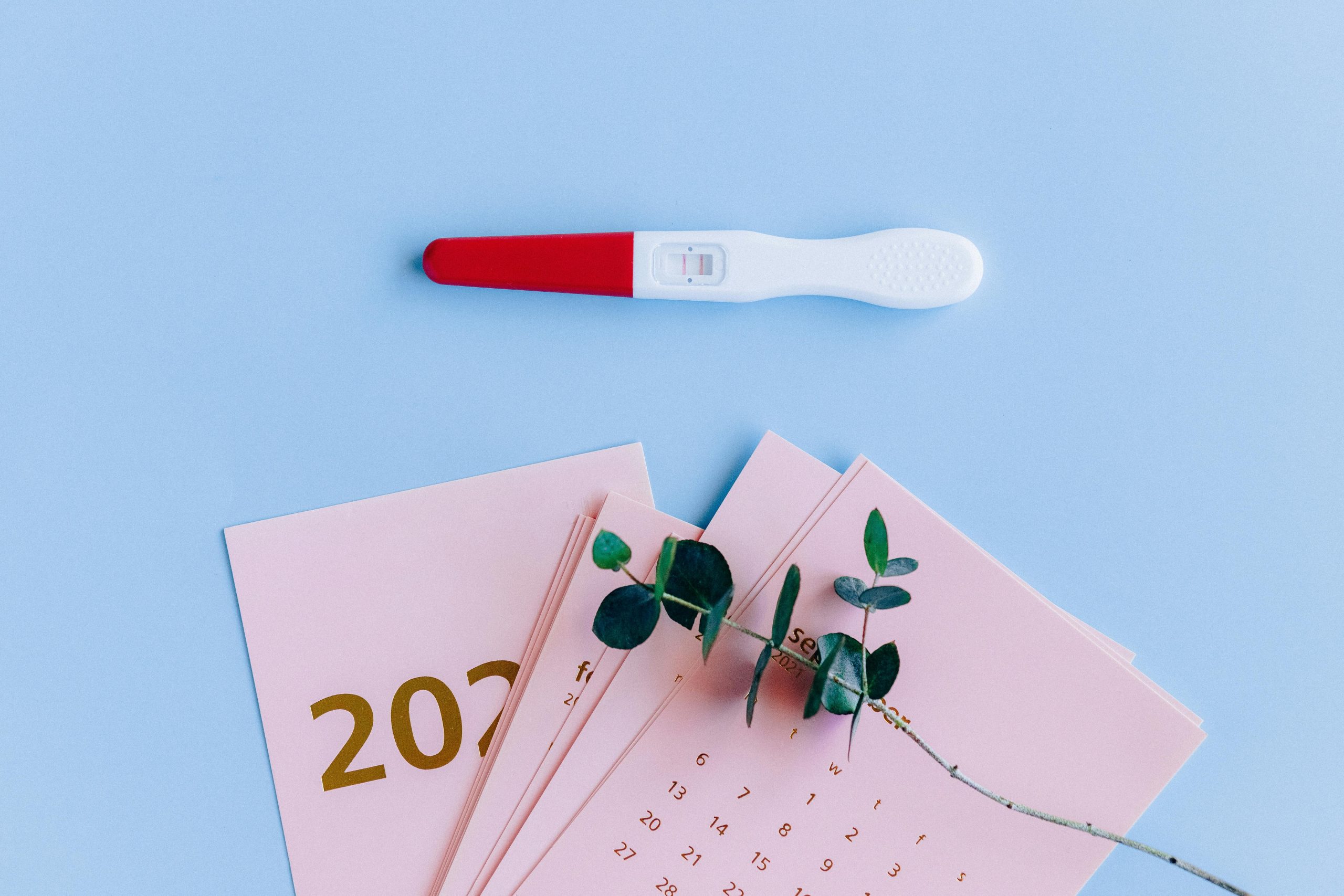When considering birth control, one of the most common questions patients ask is, “Will an IUD affect my future fertility?” This is an important concern especially for individuals who want reliable contraception now but also want to preserve their ability to conceive later. At Midwest Fertility Center, https://mfcfamily.com/ Dr. Madanes and our team are committed to providing clear, evidence-based guidance so you can make informed decisions about your reproductive health.
Below, we break down what science shows about IUDs and fertility, and what you can expect when planning for pregnancy after IUD removal.
What Is an IUD?
An IUD (intrauterine device) is a small, T-shaped device placed in the uterus to prevent pregnancy. There are two types:
1. Hormonal IUDs
These release a small amount of progestin to prevent ovulation and thicken cervical mucus. Brands include Mirena, Kyleena, Skyla, and Liletta.
2. Copper IUDs
These use copper to create an environment that is toxic to sperm. The most well-known option is Paragard.
Both types are more than 99% effective and can remain in place for several years.
Does an IUD Affect Future Fertility?
The short answer: No.
IUDs do not harm long-term fertility.
Extensive research shows that fertility typically returns rapidly after removing either the hormonal or copper IUD.
What the Studies Show:
- Most individuals return to normal fertility within the first menstrual cycle after IUD removal.
- Pregnancy rates within one year after removal are similar to those who used no birth control at all.
- The type of IUD hormonal or copper does not change long-term fertility outcomes.
At Midwest Fertility Center, https://mfcfamily.com/ many patients who come to us after using an IUD go on to conceive naturally with no difficulty.
Why Does Fertility Return So Quickly?
Unlike birth control pills or injections that affect hormone levels throughout the body, IUDs work locally within the uterus. Once the device is removed:
- The uterus returns to its natural state.
- Cervical mucus normalizes within days.
- Ovulation resumes quickly especially after copper IUDs, which do not suppress ovulation at all.
With hormonal IUDs, some individuals may experience a temporary delay in ovulation, but this is usually short-lived.
When Might Fertility Be Affected?
Although the IUD itself does not cause infertility, certain underlying conditions can affect fertility regardless of IUD use. Sometimes these issues become noticeable only after the device is removed.
Potential underlying factors include:
- Endometriosis
- PCOS (Polycystic Ovary Syndrome)
- Age-related decline in egg quality
- Uterine abnormalities
- Hormonal imbalances
In rare cases, an untreated pelvic infection, such as PID, can impact fertility. However, PID is usually related to sexually transmitted infections not the IUD itself.
If you’re unsure whether a previous infection or medical condition may be affecting your fertility, Dr. Madanes https://mfcfamily.com/ can help evaluate your reproductive health and provide personalized recommendations.
Planning for Pregnancy After IUD Removal
If you’re thinking about conceiving soon:
1. Schedule a removal with a qualified provider.
This ensures the device is removed safely and comfortably.
2. Track your cycle.
Your periods may take a month or two to regulate, especially after a hormonal IUD.
3. Start prenatal vitamins early.
Folic acid is essential even before conception.
4. Seek care if pregnancy does not occur after 6–12 months.
If you’re under 35, we recommend seeking help after 12 months of trying. If you’re 35 or older, seek guidance after 6 months. Earlier evaluation is always welcome if you have known reproductive concerns.
How Midwest Fertility Center Can Support You
Whether you’re preparing to conceive after IUD use or experiencing challenges after removal, Dr. Madanes and the team at Midwest Fertility Center https://mfcfamily.com/ provide comprehensive fertility evaluations and personalized treatment options.
We are here to help you understand your fertility health, support your family-building goals, and guide you through every step of the journey with compassion and expertise.
Contact us today 1-630-810-0212 to schedule a consultation.

